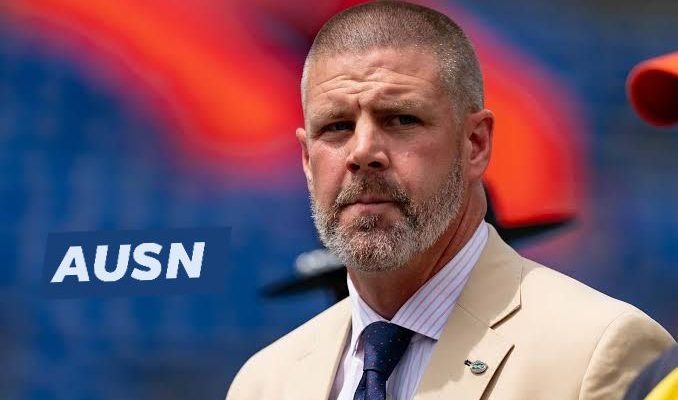The news that the Billy Napier era at Florida Gators football has come to an end following a 22‑23 record over four seasons may strike some as surprising because it followed a 23‑21 victory over Mississippi State Bulldogs — yet when you dig into the circumstances, it’s hard not to view this as more good than bad news for the Gators program. That said, there are elements of sadness too — so it’s not a clear “celebration” moment, but more a bittersweet turning point.
On the “good news” side, this move feels overdue and carries potential upside. Napier took over a storied program with high expectations. Florida fans and stakeholders expected a return to consistent contention in the Southeastern Conference and on the national stage. Unfortunately, the results didn’t align with those expectations. Napier’s conference record (12‑16 in SEC play) and his struggles in big games — just 5‑17 against ranked opponents and 0‑14 away from home over his Florida tenure — clearly signal a program that under‑performed relative to its resources and tradition.
The fact that the decision came right after a narrow win indicates the administration decided: “The problems here are systemic and not fixable by a few lucky plays.” Indeed, the win was one of those “lucky escape” games — Florida needed a late interception with seconds remaining to avoid defeat. (ESPN) Sending a message that mediocrity in a program of Florida’s stature isn’t acceptable may ultimately restore credibility with recruits, boosters, fan base, and the broader college‑football landscape. A fresh start means a new voice, new energy, and hopefully, new results. That shift in tone is important.
It also frees the program to move on from a coach whose schemes, game‑management and overall trajectory many believed were not improving. The reviews were, at best, mixed, and at worst highly critical: issues like clock management miscues, predictable offense, specialteam and penalty issues repeatedly surfaced. (FOX Sports) By ending the experiment now, the school has a chance to salvage the remainder of the season under an interim, make a thoughtful coach search, and hopefully retain any recruiting momentum instead of letting things die on the vine. Nothing about this reset guarantees success — but from the vantage point of a disappointed fan base, it is a step forward.
On the “sad” side, this is still a departure of a coach who, by many accounts, did positive things behind the scenes: building structure, stabilizing the program, recruiting, navigating modern challenges such as NIL and transfer‑portal dynamics. While wins were lacking, there were signs of progress in culture and organization. The abrupt firing, right after a win, feels somewhat harsh and underscores how little margin for error remains in elite college football. Also, for Napier personally, this is obviously a tough situation — he accepted a high‐profile job, sought to rebuild a power program, but ultimately didn’t get to deliver. It’s sad in the human sense.
Additionally, for the players — especially those recruited by Napier or who committed believing in his vision — the change could mean adjustment, uncertainty, and a shift in expectations. Coaching transitions always bring risk: players may transfer, recruits may re‑think their commitments, and momentum in the locker room may falter. That kind of rippling disruption is never trivial.
So, in weighing “good” vs. “sad”, I’d lean that this is good news for the Florida Gators program. The program appears to have acknowledged that the status quo wasn’t delivering, and made a proactive change. This opens the door to better alignment with the traditional standard of success the program was built on. The fan base can feel renewed hope. The institutional leadership can signal ambition.
But it’s not purely good — there’s a dose of regret: that Napier couldn’t turn things around, that the process took this long, that momentum may be lost in the interim. For a coach who once carried promise (after dominating at Louisiana), the outcome will sting. For a storied program like Florida, it’s a reminder that past glory carries weight and that expectations are relentless.
In summary: yes — this is more good than sad, because the change is needed and gives the program a chance to reset. But it’s also tinged with sadness, for what could have been and for the end of a chapter that didn’t live up to its promise. If I were betting, I’d say this is a positive turning point, provided the next hire and the program direction are smart and decisive. Without that follow‑through, of course, it could just become another footnote in a period of instability.



